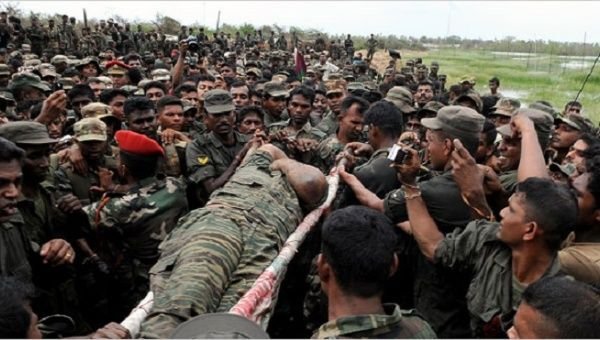
Human rights violations & Who were the primary victims of sexual violence during Sri Lanka’s civil war?
Human rights abuses in Sri Lanka have been a significant concern for many years. Some of the key issues include,Sri Lanka experienced a brutal civil war between the government forces and the Liberation Tigers of Tamil Eelam (LTTE) from 1983 to 2009. Both sides were accused of human rights violations, including killings, disappearances, torture, and forced recruitment of child soldiers.
There have been reports of extrajudicial killings carried out by security forces, particularly targeting minority groups and political activists. These incidents often go unpunished, leading to a culture of impunity. Torture and mistreatment of detainees by law enforcement officials have been reported. This includes methods such as beatings, sexual violence, and psychological abuse.
During Sri Lanka’s civil war, sexual violence was perpetrated against both men and women, but women and girls were disproportionately affected. They were the primary victims of sexual violence during the conflict. The LTTE, as well as government forces, were reported to have committed acts of sexual violence.
Women and girls were subjected to various forms of sexual violence, including rape, sexual assault, sexual slavery, and forced marriage. These acts of violence were often used as a means of control, punishment, or intimidation. They were targeted based on their ethnicity, political affiliation, or perceived association with the enemy.
It is important to note that sexual violence during the conflict was severely underreported due to the stigma and fear associated with it. Many survivors did not come forward to seek justice or support due to concerns about their safety, social repercussions, or lack of trust in the justice system.
The impact of sexual violence on the victims and their communities has been profound, leading to physical and psychological trauma, social marginalization, and ongoing challenges in accessing justice and support services. Efforts to address the issue of sexual violence during the civil war and provide reparations and support to survivors are crucial for healing and reconciliation in Sri Lanka.
Journalists, human rights defenders, and activists face threats, harassment, and intimidation for their work. This has led to self-censorship and limited freedom of expression in the country.
Sri Lanka has a long history of enforced disappearances, where individuals are abducted or arrested by state forces or paramilitary groups and are never seen again. The families of the disappeared continue to seek justice and answers.
The civil war resulted in a large number of internally displaced persons (IDPs). While efforts have been made to resettle them, there are still challenges in providing adequate housing, livelihood opportunities, and access to basic services.
The Sri Lankan government has taken some steps to address these issues, including the establishment of a National Human Rights Commission and the Office on Missing Persons. However, there is a need for further accountability, justice, and protection of human rights in the country.







1 Comment
Shantha Bandara
November 20, 2023Your articles made world to believe something that is not true, telling lie & giving wrong impression about Srilanka. This website should be reported & blocked. I’ve try to contact the phone number site provided .its from UK. Please reported about this immortalprotest.com if you are following this web site.I reported to the cyber crime. Please do the same. Author should get punished for misleading public.